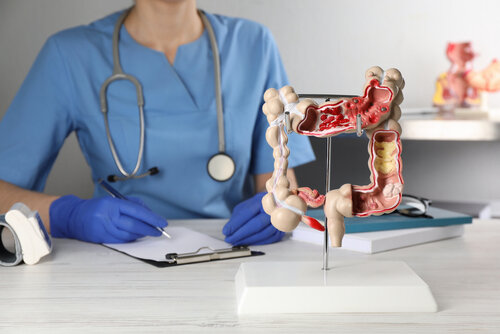What Are Gastroenterologists and Gastroenterology?
In Gastroenterology, the experts study various functions and diseases of the pancreas, gallbladder, bile ducts, esophagus, stomach, small intestine, colon and rectum.
What do Gastroenterologists Do?
Gastroenterologists mainly focus on whether the digestive system of our body is working properly or not. They can treat hepatitis C and irritable bowel syndrome (IBS). The specialists have to understand in detail about the organs and they will help you to maintain healthy digestion.
The specialists also treat peptic ulcer disease, colitis, colon polyps and cancer, hepatitis, nutritional problems, Irritable Bowel Syndrome (IBS) and many more.
Their Training and Education
The gastroenterologist has to complete a three-year Internal Medicine residency and then he or she has to take specialized training in Gastroenterology. The training generally requires almost two to three years. That means they complete almost five to six years of medical education. In this training, they learn how to diagnose the problem, treat the conditions and provide an accurate solution so the patients can maintain a healthy lifestyle.
They also get training about upper endoscopy, sigmoidoscopy, colonoscopy and advanced endoscopic procedures including polypectomy, hemostasis. They also learn to interpret the biopsy results to provide better treatment.
Meaning of FACG and FACP
There are few Gastroenterologists who provide unique research and information in the field of Gastroenterology. Remember that both the American College of Physicians and the American College of Gastroenterology give them the title like FACG and FACP as an honor.
When Should You Visit?
You should visit a Gastroenterologists if you notice the following things including,
Blood in your stool.
Abdominal pain.
Difficulties while swallowing.
Remember, you should contact the specialist if you are age 50 or more to get the proper care. Generally, elder people have a higher risk of getting colon cancer. Also, if you have a family history of colon cancer, then you should definitely do screening to prevent colon cancer.
Their Other Responsibilities
The gastroenterologist can also do various nonsurgical procedures including,
They can do liver biopsies to search for any sign of inflammation and fibrosis
They do endoscopic ultrasounds for evaluating the lower and the upper GI tract.
Do a double-balloon enteroscopy to check the small intestine.
Do screening or colonoscopy to find colon polyps or colon cancer.
Can also do capsule endoscopies to detect the small intestine.
If you face difficulties digesting food and other problems, then you should contact the best gastroenterologist in OKC in order to get rid of the problem. You can also contact the specialist of Digestive Disease Specialists, INC.
**Disclaimer: This blog content does not offer a doctor's advice and creates no relationship between any patient and care provider.

